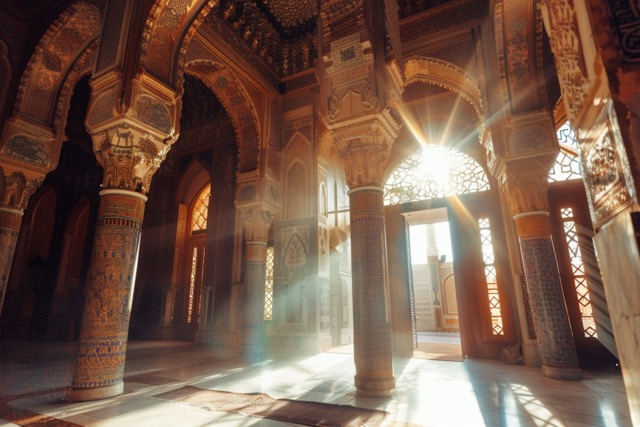Exploring Luxury Textiles from Safavid Iran at Museum of Islamic Art in Doha
Step into a world of opulence and elegance as you delve into the intricate patterns, rich colors, and luxurious feel of the textiles that played a pivotal role in the socio-cultural and economic life of Safavid Iran. The Museum of Islamic Art in Doha, Qatar, is currently hosting an exhibition titled “Fashioning an Empire: Textiles from Safavid Iran,” offering a glimpse into the silk industry’s development under the reign of Shah Abbas, the fifth shah of Safavid Iran from 1588 to 1629.
The Smithsonian Influence and Qatar-US Collaboration
Originally conceptualized and presented at the Smithsonian’s National Museum of Asian Art in Washington, DC, “Fashioning an Empire: Textiles from Safavid Iran” is now part of the Qatar-US 2021 Year of Culture. This exhibition goes beyond showcasing the beauty of the displayed objects to provide a broader socio-historical context.
Lead curator Nicoletta Fazio emphasized the significance of these textiles, stating, “The exhibition sheds light on how textiles were the backbone of Iranian strength and power in the 17th century, influencing not just aesthetics but also politics, economics, and military might.”
Unveiling the Legacy of Silk in Iran
Iran has a long history of producing high-quality silk, dating back to the 6th century CE. However, it was during Shah Abbas’s rule, known as Abbas the Great, that silk production became a state-controlled industry. This strategic move not only met the domestic demand for luxury textiles but also established Iran as a prominent player in the global silk trade, reaching markets from England to Thailand.
Fazio highlighted the exhibition’s educational value, stating, “These objects showcase human ingenuity and carry profound historical significance. By exploring their history, we gain insights into the past and valuable lessons for the present.”

